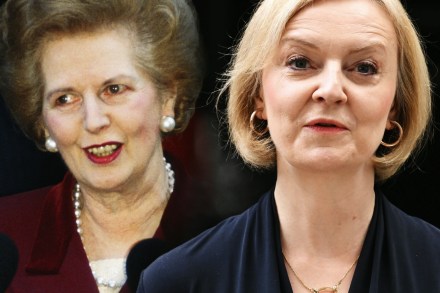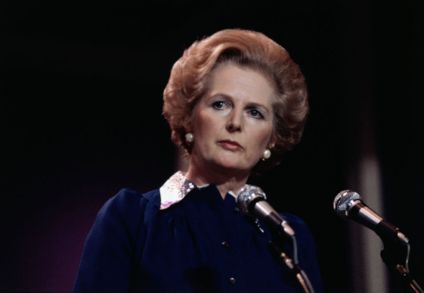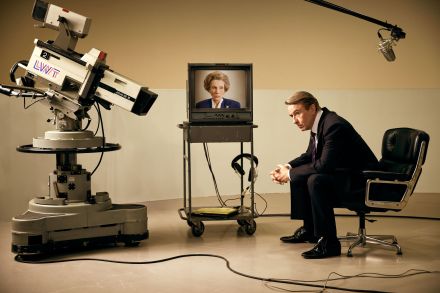The day James Blunt stripped off in front of me
The beautiful British actress Samantha Eggar has died in LA. I hope that will be the last in a spate of deaths among friends and celebrities in the past three months. First it was Terence Stamp, the handsome actor who starred with Samantha in The Collector, which made them both into stars. Then the legendary Robert Redford, whose many fabulous performances in exceptional movies make today’s film output look positively anaemic. The Way We Were, Butch Cassidy and the Sundance Kid, The Sting and Indecent Proposal are just a few of the brilliantly entertaining films he starred in. I met him only once, on a flight from New York to




















